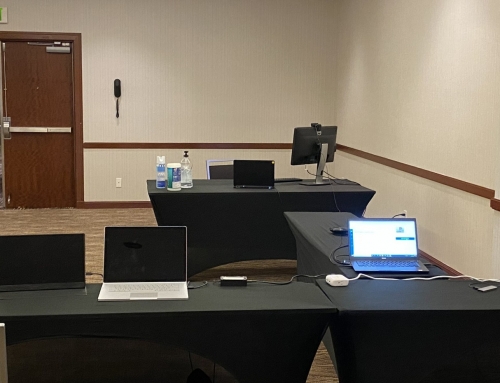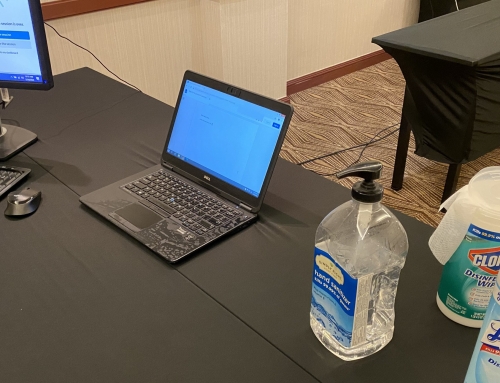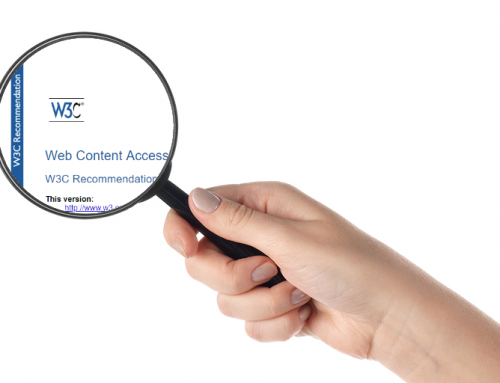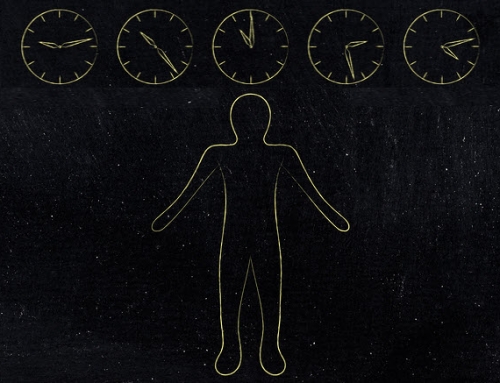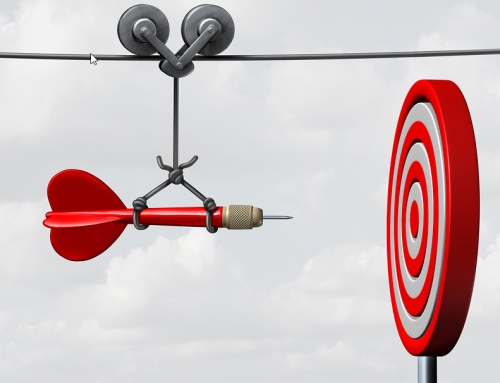A usability test, user interview, or any one-on-one qualitative research really isn’t entirely one-on-one, at least not in an ideal setup. Ideally, it involves two research staff members to do research with a single participant – a moderator and a logger. A focus group should have the same two types of staff members as well.
The moderator is certainly very important. The moderator needs to lead the study with a neutral perspective. The moderator needs to know when to speak, when to probe and when to stand back and let the participants move on.
The logger simply listens to the conversation, watches the screen and documents what occurs. Or is it so simple?
Often, I see that the stakeholder who hires the research company undertakes careful consideration of the skills and background of the moderator. The logger on the other hand, is sometimes not considered so much: “Do you really need someone to take notes? Just do it yourself.” Or “Okay, if you really want someone to take notes, find a junior-level person at low cost, and we’ll spring for it.” Or “Actually, you know what? Our office administrator takes good notes at meetings – we’ll just supply this person to be your note taker. That will save us some money.”
While a logger may seem like an unnecessary position, or something that just anyone could do, this is really not true.
Should the moderator be the logger?
A good moderator will often be taking at least some notes even with a logger – points to probe about in a debrief or perhaps critical issues to address later on. But the moderator is not going to be able to get it all. It is simply too hard to watch the participant, assess the next interaction, and catch every detail of the activity with complete accuracy. Key points may be lost.
Of course, one could argue that a moderator could go back and watch the videos again, but in terms of person-hours, this is really not much different than having a logger. Further, no matter how much someone enjoys moderating, a full day of moderation is tiring. Making a moderator also log will be even more draining – meaning that the interactions which come later on in the day are not only less enjoyable for the moderator, but the moderator could be more apt to lose focus.
Can anyone be a logger?
No. Not everyone is cut out to be a moderator, and not everyone is cut out to be a logger either. A good logger can separate the wheat from the chaff on the fly and record the key points without transcribing the entire session. A good logger will observe what is happening on the screen and identify points that are not necessarily spoken. A good logger will take notes that can quickly be reviewed, reorganized and turned into a list of actionable issues and associated recommendations.
How to get good comprehensive data
I’d argue that both the moderator and the logger require a good level of experience to truly do an efficient and effective job on the project. Both individuals need to not only have the necessary skills but be on the same page about what the priorities of the research are and about the most salient research questions that need to be answered. This means familiarity with the topic and any associated materials, a good amount of discussion before the research, and effective communication at regular intervals during the research study.
The moderator and logger should also have a way to communicate during the study. Sometimes a logger may realize that an additional probing question may be very valuable, or that the moderator has neglected to ask something important. I like using an internet-based chat client for this function. Sometimes, when I am in the field, and I rent a hotel conference room as a matter of necessity, both people are in the same room. I find that this setup often works well. For the most part it’s not distracting to the participant, and the logger can directly throw in a question directly to the participant.
I enjoy having the role of a moderator. I really enjoy the opportunity to interact with the participants. But I also enjoy the role of primary note taker as well and sometimes will take on this role myself instead of moderating, particularly when I am the main person responsible for the report and have a tight deadline. As a logger, I know that the notes I take will be structured in such a way that I can pull them together into a report with reasonable ease.
Although the importance of an experienced logger is sometimes underestimated, the value of good logging notes is sure to surface in a quality research report.
